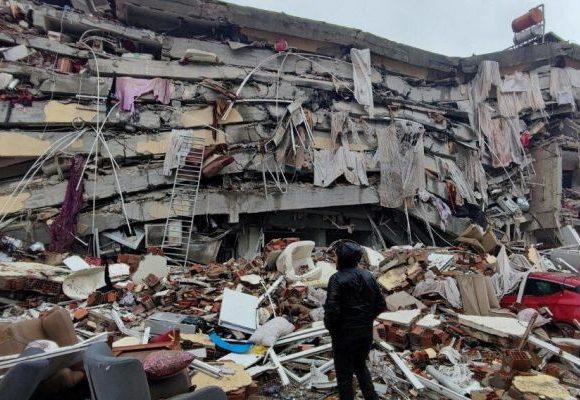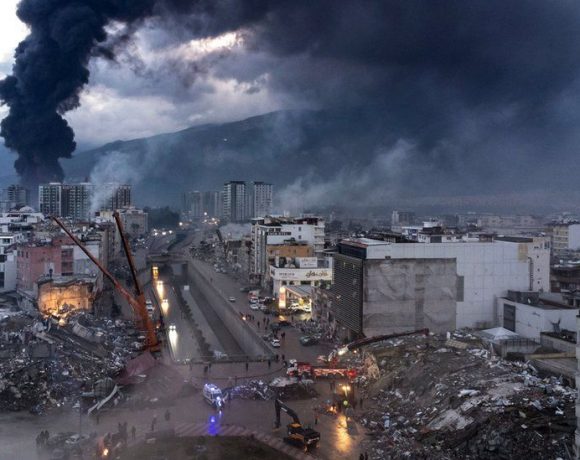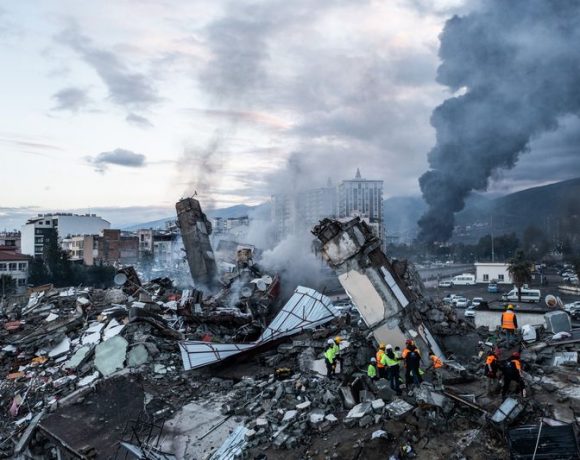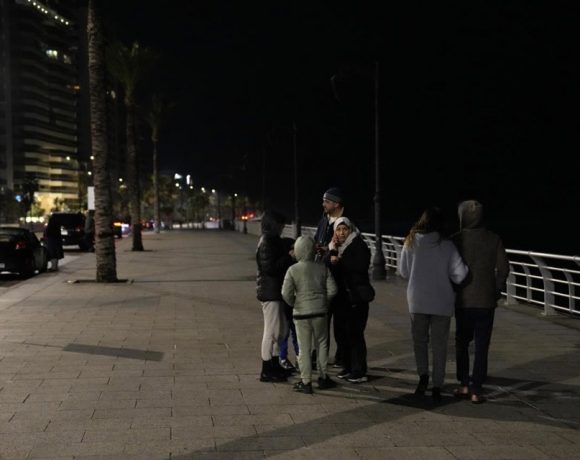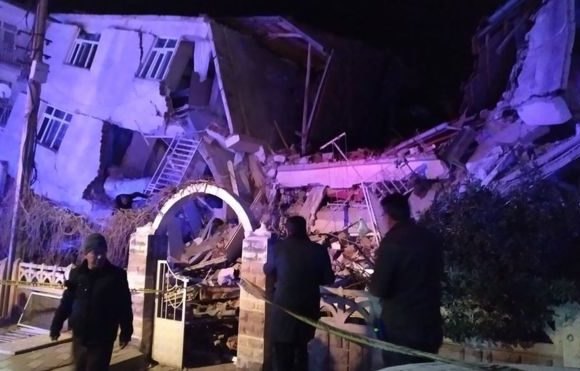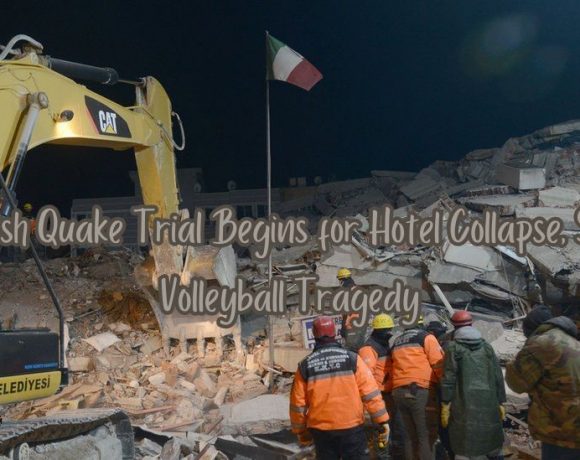
The initial trial related to the 2023 earthquake in Turkey has commenced, concentrating on the collapse of an Adiyaman hotel that resulted in 72 fatalities. The Isias Grand hotel in Adiyaman hosted a school volleyball team from Turkish-controlled northern Cyprus and a group of tourist guides during the earthquake, with 11 individuals charged for violating construction regulations. The earthquake, occurring on February 6, claimed over 50,000 lives in Turkey and Syria, causing the collapse or severe damage of 160,000 buildings and displacing 1.5 million people.
Charges have been brought against 11 people for breaching construction rules in connection with the collapse of the Isias Grand hotel in Adiyaman during last year’s earthquake. The hotel, which housed a school volleyball team from northern Cyprus and tourist guides, was one of the numerous buildings affected by the earthquake, resulting in significant casualties. The Turkish government initiated investigations, leading to the arrest of nearly 200 individuals, including construction contractors and property owners, for their roles in the disaster.
The trial began with the prosecution focusing on the Isias Grand hotel in Adiyaman, where a tragic incident unfolded during the earthquake last year. A group of 39 individuals, including students, teachers, and parents, had chosen the hotel for a volleyball tournament. The collapse of the hotel resulted in the loss of 35 lives from the group, with only four parents surviving. The trial has prompted the families of the victims to demand severe sentences for the accused individuals and the inclusion of charges against Turkish officials responsible for licensing the hotel.
The Isias Grand hotel, operational since 2001, faced allegations of construction malpractice, including the improper use of materials and unauthorized additional floors in 2016. The indictment revealed that gravel and sand from the local river were mixed with construction materials in the hotel’s columns. Families of the victims expressed outrage, accusing the Culture and Tourism Ministry of neglecting proper inspections despite granting the hotel a four-star rating, and they insisted on accountability for those responsible.
The extensive building collapses resulting from the earthquake stirred widespread criticism of the Turkish government for encouraging a construction boom without effectively enforcing building regulations. The trial has intensified calls for accountability, with grieving families emphasizing the need to charge those responsible for the Isias Hotel’s approval and urging justice for the lives lost. If found guilty, the 11 defendants could face prison terms ranging from two years and eight months to more than 22 years.
Picture Courtesy: Google/images are subject to copyright


